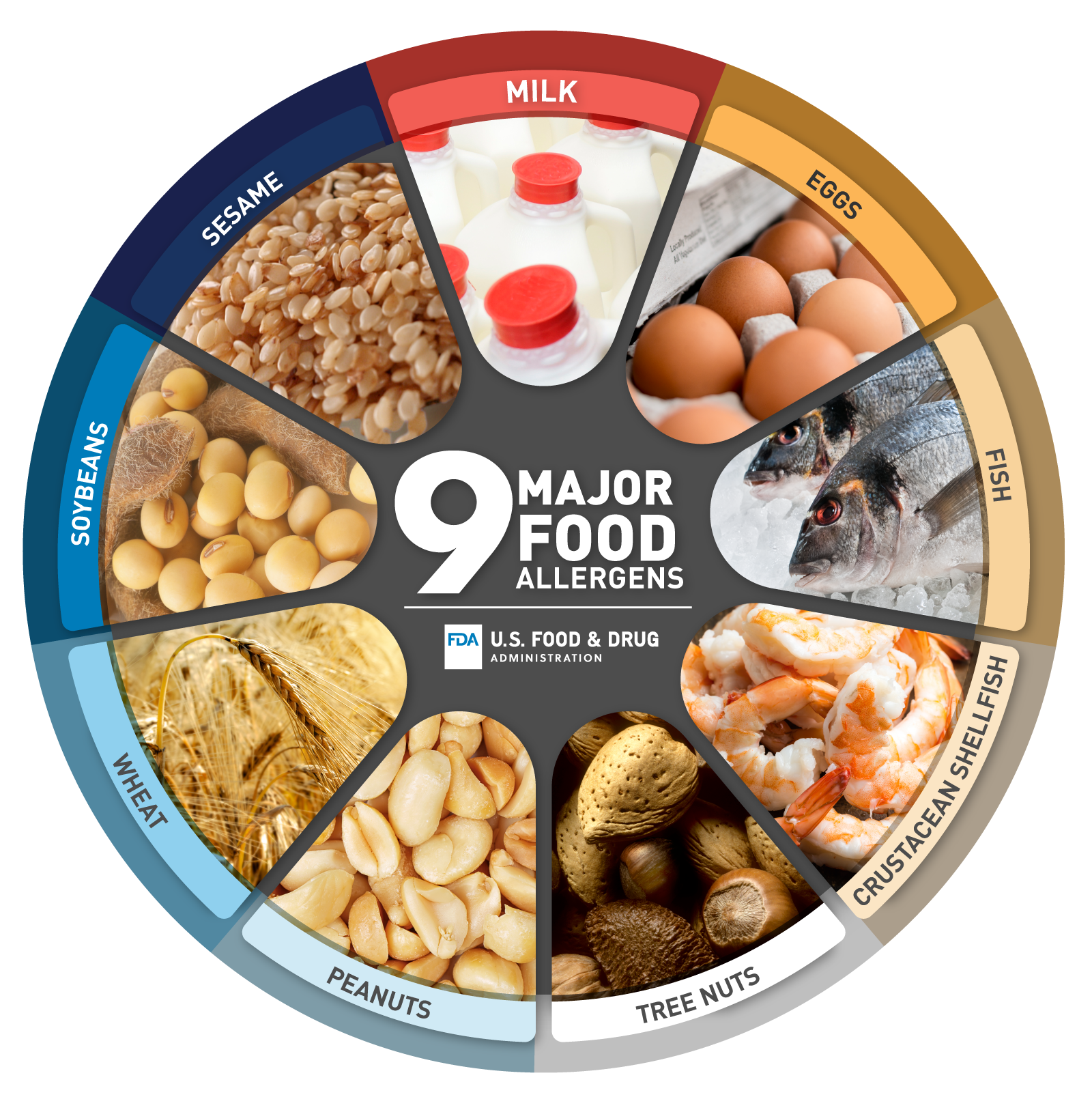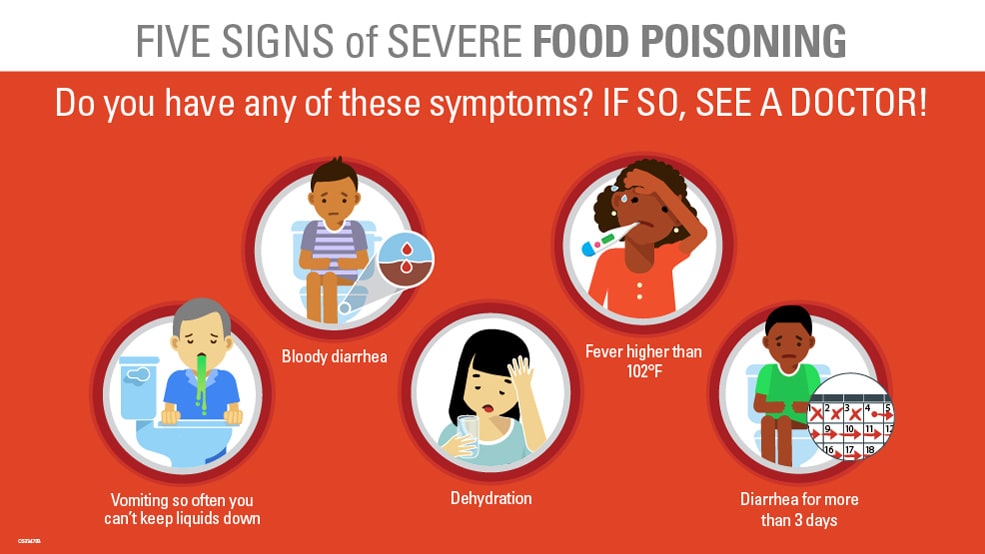I Have RECALLED Food – Now What Do I Do?
No one wants to get sick from the food they ate. Nor do we wish an allergic reaction or food poisoning on any other people that are about to eat what we ate that made us sick. Not everybody has a “cast iron stomach”. Different people may have few, mild or serious reactions to a specific food.
When a food product has been identified as what caused one person to become ill, a Public Health Alert. If 2 people are sick from the same thing this is called an outbreak. Food RECALL may be issued. A food RECALL may also be issued over unreported allergens. Yes, if you think the food you ate is contaminated, you can report it.
Unfortunately, not everyone is glued to a TV set or subscribed to RECALL alerts in their email inbox from FoodSafety.gov as No Non-cents Nanna does. I try to stay on top of all kinds of recalls so I can help socially share as a public service.
Other food recalls may be fine for everyone else to consume – but not the people who are allergic to one or more of the 8 to 9 most common food allergens that were not declared on a manufacturer’s label. Keep in mind that even though you consider food to be “natural” or “organic” a person could be allergic to it.
Recalls and Outbreaks
What Are Food Allergens?
Do food allergies only occur in packaged/ processed foods? Food allergens can be in any food, even so-called “natural” or “organic” if a person is allergic to a specific food.
Please be respectful when someone tells you that they are allergic to ___.
- Food allergies and other types of food hypersensitivities affect millions of Americans and their families.
- Food allergies occur when the body’s immune system reacts to certain proteins in food.
- Food allergic reactions vary in severity from mild symptoms involving hives and lip swelling to severe, life-threatening symptoms, often called anaphylaxis, that may involve fatal respiratory problems and shock.
While promising prevention and therapeutic strategies are being developed, food allergies currently cannot be cured.
- Early recognition and learning how to manage food allergies, including which foods to avoid, are important measures to prevent serious health consequences.
To protect those with food allergies and other food hypersensitivities, the FDA enforces regulations requiring companies to list ingredients on packaged foods and beverages.
For certain foods or substances that cause allergies or other hypersensitivity reactions, there are more specific labeling requirements.
https://www.fda.gov/food/food-labeling-nutrition/food-allergies
Symptoms of food allergies typically appear from within a few minutes to a few hours after a person has eaten the food to which he or she is allergic.
A severe, life-threatening allergic reaction is called anaphylaxis.
Symptoms of allergic reactions can include:
- Hives
- Flushed skin or rash
- Tingling or itchy sensation in the mouth
- Face, tongue, or lip swelling
- Vomiting and/or diarrhea
- Abdominal cramps
- Coughing or wheezing
- Dizziness and/or lightheadedness
- Swelling of the throat and vocal cords
- Difficulty breathing
- Loss of consciousness
People with a known food allergy who begin experiencing any of these symptoms should stop eating the food immediately, evaluate the need to use emergency medication (such as epinephrine) and seek medical attention.
Some of these symptoms are not always due to a food allergen.
So, it is important to seek proper care and diagnosis from a healthcare provider to determine if the symptoms or reaction experienced was due to a food allergen.
Below is a heartbreaking story that was published in US News and World Report. The entire article is a must-read for Day Care providers.

I hope you found this pulled-together information valuable. If so, please LIKE and share. I’d love to read your comments.
This is Malika Bourne the No Non-cents Nanna hoping you Make Good Choices.
You may also like:
How Can I Tell If My Food is Safe After a Weather Event? – No Non-cents Nanna
Views: 319


